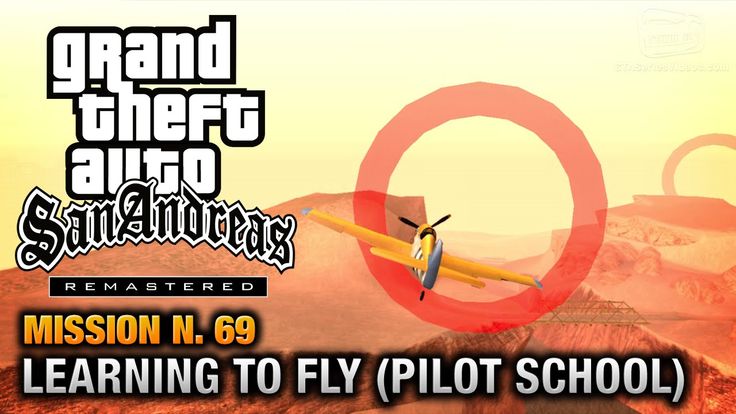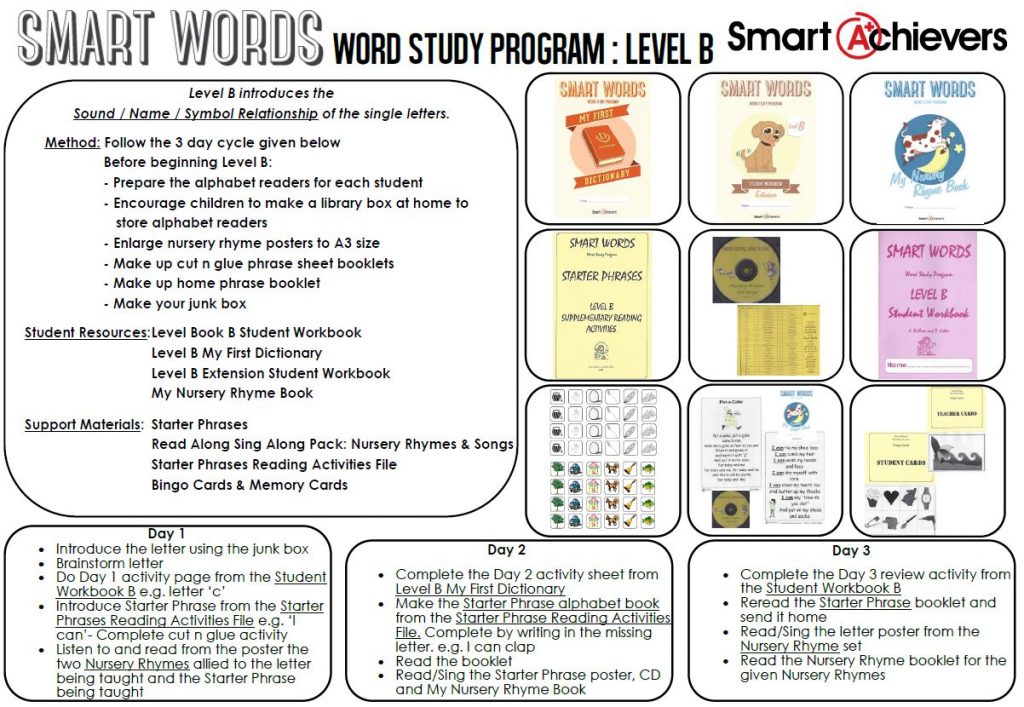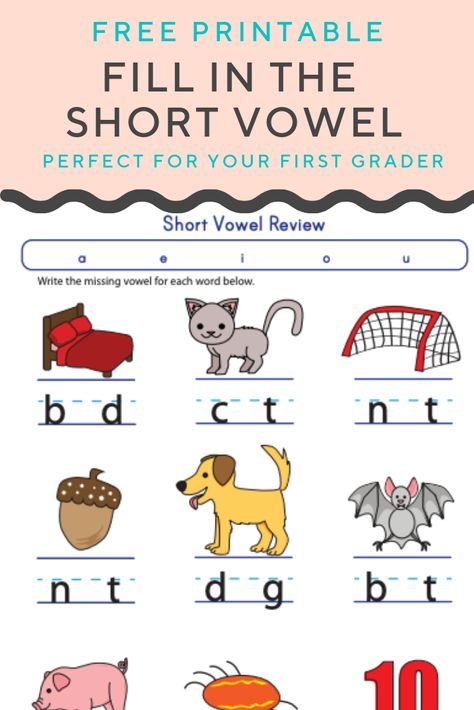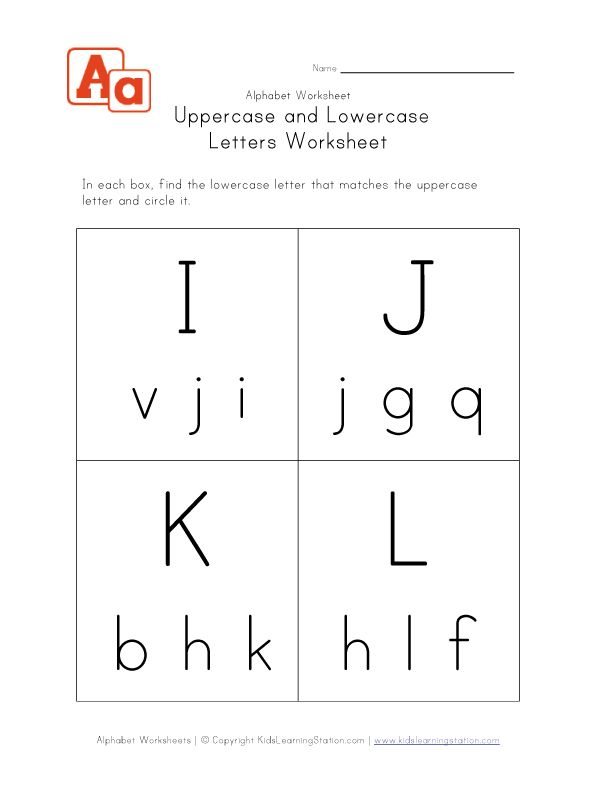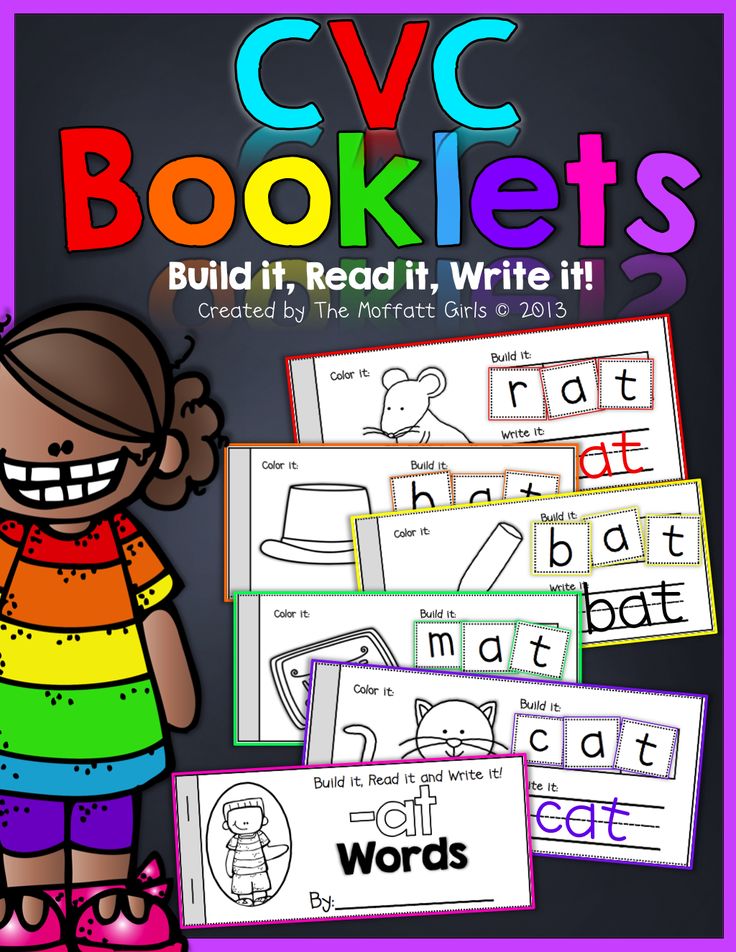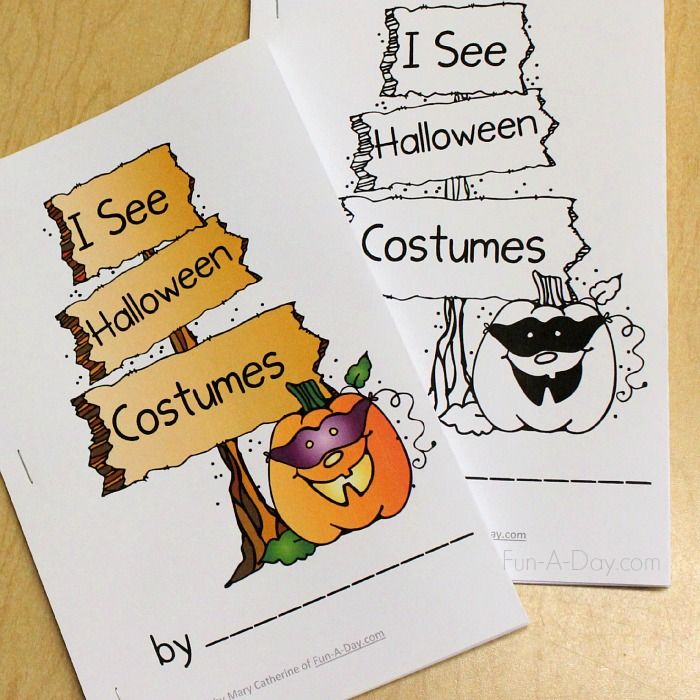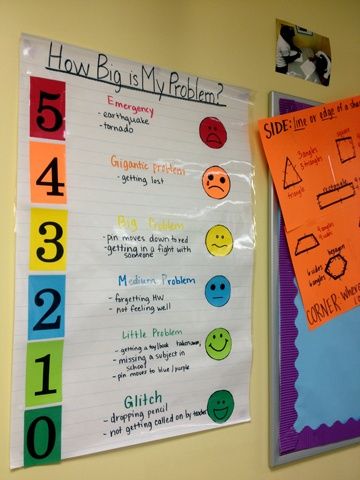Mission to learn
Mission to Learn - Lifelong Learning Blog
By Jeff Cobb / 3 Comments
Do you ever get frustrated because you listen to a story, presentation, or lecture, but later – sometimes as little as a few hours later – can recall little to nothing about it? Call it …
How to Remember What You Hear – A Simple, Research-Based Tip Continue Reading »
By Jeff Cobb / 4 Comments
I’ve had the experience before in life – as I am sure you have – of becoming absorbed in a new skill or topic, learning a tremendous amount, but then hitting a plateau at some …
Ready to jump the curve on your lifelong learning journey? Continue Reading »
By Jeff Cobb / 16 Comments
In my earlier years, I spent a fair amount of time in Russia and had the opportunity to attend various dinners and other social gatherings. Maybe it was just the company I was keeping, but …
7 Reasons to Memorize Some Poetry Continue Reading »
By Gabe Kahan / Leave a Comment
What any deep web diver will tell you is that social media is a kind of digital pharmakon. On one hand, it democratizes information, dissolves international borders, builds community, and aggregates the most inspiring of …
Is TikTok Education? How the Popular App is Supporting Lifelong Learning Continue Reading »
By Jeff Cobb / Leave a Comment
These days, many of us operate in parallel with a digital “self.” Be it through avatars, productivity apps, fitness trackers, entertainment systems, or other gadgetry, we each maintain our own little digital microcosm. It should …
How to Declutter Your Digital Life Continue Reading »
By Jeff Cobb / 4 Comments
I suspect that note-taking – the simple act of writing down and elaborating upon key points from what we experience – is one of the most under-appreciated and under-utilized practices of effective lifelong learning.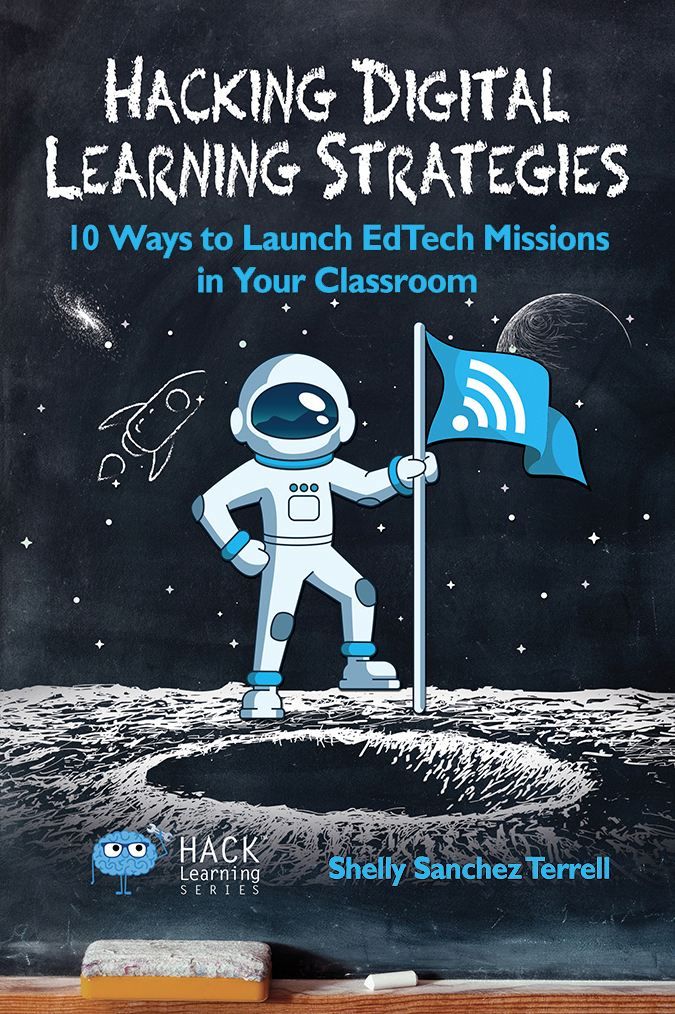 I …
I …
Note-taking for Lifelong Learning Continue Reading »
By Jeff Cobb / Leave a Comment
Not only is the importance of play for adults often unappreciated, the act of playing often gets a bad rap. Either it’s the stuff of childhood: an activity seen as infantile, meaningless, or even a …
The Importance of Play for Adults Continue Reading »
By Jeff Cobb / Leave a Comment
While “Gedankenexperiment” (literally “thought experiment”) was a term initially coined by the 19th century Danish physicist and chemist Hans Christian Ørsted, many claim that the common mental technique can be traced all the way back …
3 Famous Thought Experiments, or The Art of Counterfactuals Continue Reading »
By Jeff Cobb / Leave a Comment
Whether for a holiday or a birthday, most of us have to come up with gifts to give at multiple times throughout the year.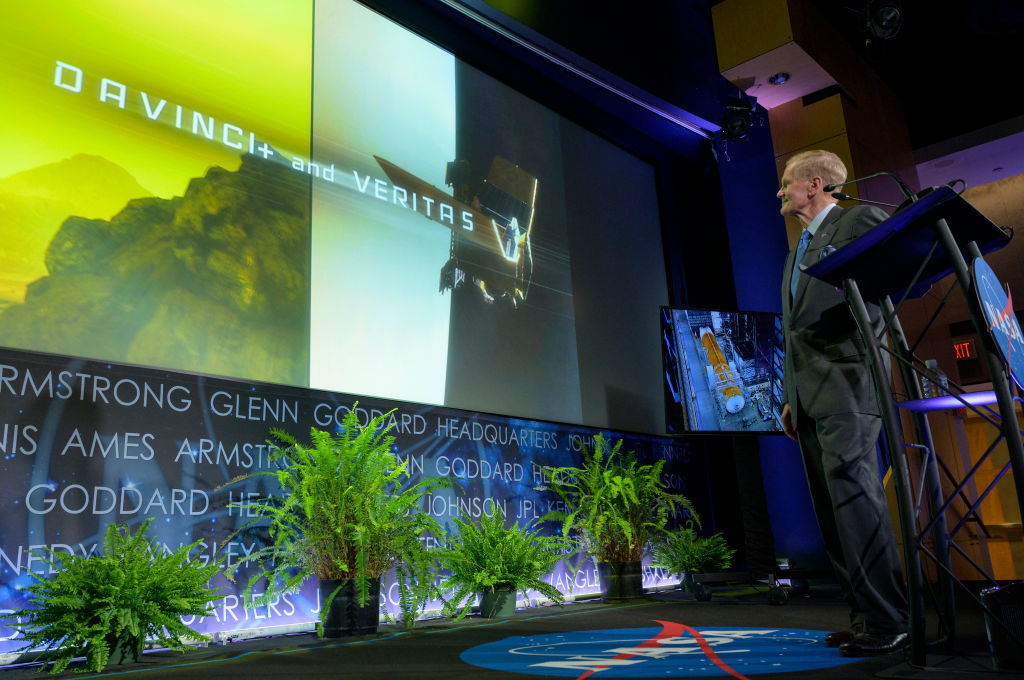 As you might guess, my bias is to give gifts with …
As you might guess, my bias is to give gifts with …
10+ Educational Gift Ideas for the Lifelong Learners in Your Life Continue Reading »
Bring Your Creativity Alive
Those Who Search Learn
SearchFollow me on social media
Follow
Learn Better with 10 Ways to Be a Better Learner
It’s more important than ever to be an effective learner!
Regular updates from Mission to Learn help you take your learning to a new level. And when you sign up for them, we’ll send you a free, digital copy of 10 Ways to Be a Better Learner, a brief but powerful eBook that gives you the keys to becoming a better learner fast.
By entering your e-mail you will be added to our e-mail list subject to our Privacy Policy. You can unsubscribe at anytime.
Learn better: that single phrase sums up exactly what it takes to thrive in our complex, fast-changing world.
If you are ready to take charge of your learning and turn the challenges of our times into opportunities for personal and professional growth, then sign up for Mission to Learn updates and you’ll get 10 Ways to Be A Better Learner as a free gift. Grounded in research, but practical in its application, 10 Ways to Be a Better Learner is a quick read that delivers high impact.
Grounded in research, but practical in its application, 10 Ways to Be a Better Learner is a quick read that delivers high impact.
Prefer a hard copy or Kindle version?
- Purchase 10 Ways to Be a Better Learner on Amazon (print or eBook)
If you prefer a print version ($5.99) or a Kindle version ($2.99) of the book, this is the way to go. (Though I still encourage you to sign up for the newsletter. I regularly send out high-value resources to help you on your mission to learn.)
You can also:
- Contact me about bulk discounts (Help your employees, conference and meeting attendees, friends and family become better learners!)
- What readers are saying
Learn Better: Resources
Below are links to resources referenced in 10 Ways to Be a Better Learner as well as to any updates related to the book.
Introduction
- A Definition of Learning
Chapter 1: Adopt the Right Mind Set
- An infographic that explains the differences between a fixed and a growth mindset
- We Learn More From Success Than Failure
- Breathing Exercises
- One Sentence Journal
- Online Reminder Service
- 5 Powerful Reasons to Make Reflection a Daily Habit, and How to Do It
Chapter 2: Cultivate Your Network
- George Siemens on curatorial teaching
Chapter 3: Ask Questions
- When’s the last time you asked why?
- What have I learned at work?
- 7 Learning Lessons from a Toddler
Chapter 8: Use Technology Better
- Quantitative aptitude tests
- Civic literacy test
- Open Educational Resources
- 26 Learning Games to Change the World
- 100 Free Places to Learn Online and Counting
- Mini Podcasting Guide
- A Dozen Favorite Technology Tools for Learning
Chapter 9: Mind Your Body
- Brain Foods: The Effect of Nutrients on Brain Function
- MIT study on sleep and memory
- Average sleep requirements
- How much physical activity do you need?
Chapter 10: Embrace Responsibility
- Democracy and Education (full text online)
Mission of SPbGETU "LETI"
Today SPbGETU is one of the best technical universities in Russia. Occupying a leading position in the development of radio-electronic, information-telecommunication and information-control systems and technologies, in the field of human life support technologies and environmental protection, the university continues to develop dynamically as an innovative university with deep integration of scientific and educational activities.
Occupying a leading position in the development of radio-electronic, information-telecommunication and information-control systems and technologies, in the field of human life support technologies and environmental protection, the university continues to develop dynamically as an innovative university with deep integration of scientific and educational activities.
This guarantees the high quality and relevance of higher professional education, the efficiency and effectiveness of scientific research based on the acquisition, application and commercialization of new scientific knowledge. Having the richest history of the oldest civilian higher electrotechnical educational institution in Europe, we understand that our successes are the result of the inspired and creative work of many generations of scientists and teachers - the creators of scientific schools, educational areas that laid the priorities for the development of the university for many years.
We promise that the university will continue to improve its activities on the basis of the advanced development of the content of education in relation to the practice of professional activity, actively participate in the formation of a global scientific and educational space, and promote the success of its graduates in a competitive environment.
We are proud of our history and traditions. We are thinking about the future.
Our main goals:
- meeting the needs of the individual in intellectual, cultural and moral development;
- meeting the needs of the state and society in the preparation of a scientific, pedagogical, managerial and cultural elite capable of ensuring the development of science, engineering and technology;
- meeting the needs of the world community in new knowledge and technologies.
The main activities of the university:
- implementation of innovative educational programs integrated into the global educational space;
- implementation of fundamental, applied scientific research and engineering and practical work for the production and sale of high technology products;
- education in students of the necessary civic and moral qualities, respect for the history of the development of Russia, critical and independent thinking, the ability to learn all their lives;
- worthy representation of Russian higher education in the international scientific and educational space;
- development of scientific and pedagogical schools that have historically developed and are recognized by the world academic science in the field of physical and mathematical, natural and human sciences.
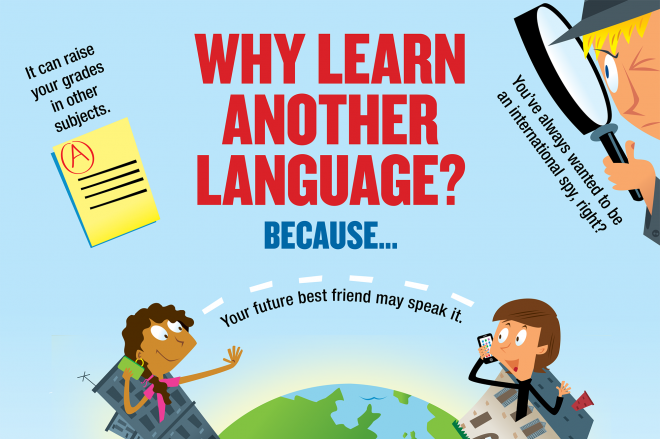
The mission of St. Petersburg Electrotechnical University is the generation, dissemination and application of new knowledge for advanced scientific, technological and personnel support for the dynamic development and maintenance of the global competitiveness of the country's radio-electronic and info-telecommunication complex, taking into account the predicted global trends in science, engineering and technology and structural transformations in the economy.
The mission is to study at PFUR. How Uzbek Marzhona Urmonova got into one of the prestigious universities in Russia
Nineteen-year-old Marjona Urmonova was born in the city of Akhangaran in the Tashkent region. She is a second-year student at the Peoples' Friendship University of Russia and dreams of becoming a politician. The girl not only gnaws at science, but also actively participates in the public life of the university, is engaged in volunteering. In her opinion, it is important for a leader in the modern world to develop creative thinking, to be able to analyze and establish contact with others, and most importantly, to be attuned to creation. In an interview with Plov.Press, Marjona spoke about the reasons for her choice of a university, as well as about adapting to a new student environment and how local communities help young people in this.
In an interview with Plov.Press, Marjona spoke about the reasons for her choice of a university, as well as about adapting to a new student environment and how local communities help young people in this.
— Why did you choose this university and specialty? How did parents and friends react to this?
— The choice of the university was not accidental. When we studied universities together with our parents and discussed which one is better to enter, priority was given to the quality of education, professional programs, and focused on the feedback of graduates. I read about the Peoples' Friendship University of Russia and realized that this is what I was looking for, that's where I want to study.
Why? Everything is simple. I am interested in linguistics, and the university unites representatives of 160 countries of the world and 500 nationalities. Here everyone can make a trip around the world without leaving the campus. In addition, exchange and internship programs, "double diplomas" have been established jointly with foreign universities and international conferences, summer schools and practices.![]() I wanted to be a part of this big and friendly family.
I wanted to be a part of this big and friendly family.
The parents didn't mind. They support me in everything. Friends were also delighted, some even admired my purposefulness and courage.
- How did you adapt to a new life away from home?
- When you fly alone for the first time to another country where you have no one, to be honest, it's scary. The first two weeks it was difficult to get used to the new environment, climate, food, people. For the first time I faced independent life.
I realized that there were no relatives, families nearby, I had to cope with everything myself. Paperwork, settling into the dormitory and arranging the room, all social, domestic issues fell on my shoulders, and at home my parents took care of everything. And besides this, you still need to study, master a lot of information, expand your boundaries.
- What were the difficulties? What do you miss the most when you are away from Uzbekistan?
— Difficulties related to moral and material aspects. At first, a foreign student has to spend a lot of money, buy everything necessary for life and study. During the period of tense moments, of course, there were not enough relatives and friends nearby, who at any time could prompt and help where necessary. At the same time, the family, albeit at a distance, always supported. Parents are the light that keeps the fire inside, allows you to burn, do not stop, do not give up and go forward towards your goal. Mom and dad are my support and support in everything, at every stage of life, I am immensely grateful to them. It is also not easy for them away from the child.
At first, a foreign student has to spend a lot of money, buy everything necessary for life and study. During the period of tense moments, of course, there were not enough relatives and friends nearby, who at any time could prompt and help where necessary. At the same time, the family, albeit at a distance, always supported. Parents are the light that keeps the fire inside, allows you to burn, do not stop, do not give up and go forward towards your goal. Mom and dad are my support and support in everything, at every stage of life, I am immensely grateful to them. It is also not easy for them away from the child.
Of course, I miss ripe vegetables and fruits, warm sunny days. Here in Russia you begin to appreciate what was taken for granted until recently.
I would like to note the role of the university, its huge team, which in many ways helps students adapt to the new environment. Starting from the conditions (the RUDN University campus is a real city within a city with residential, educational blocks and places for leisure and recreation) and ending with cultural, sports and creative programs.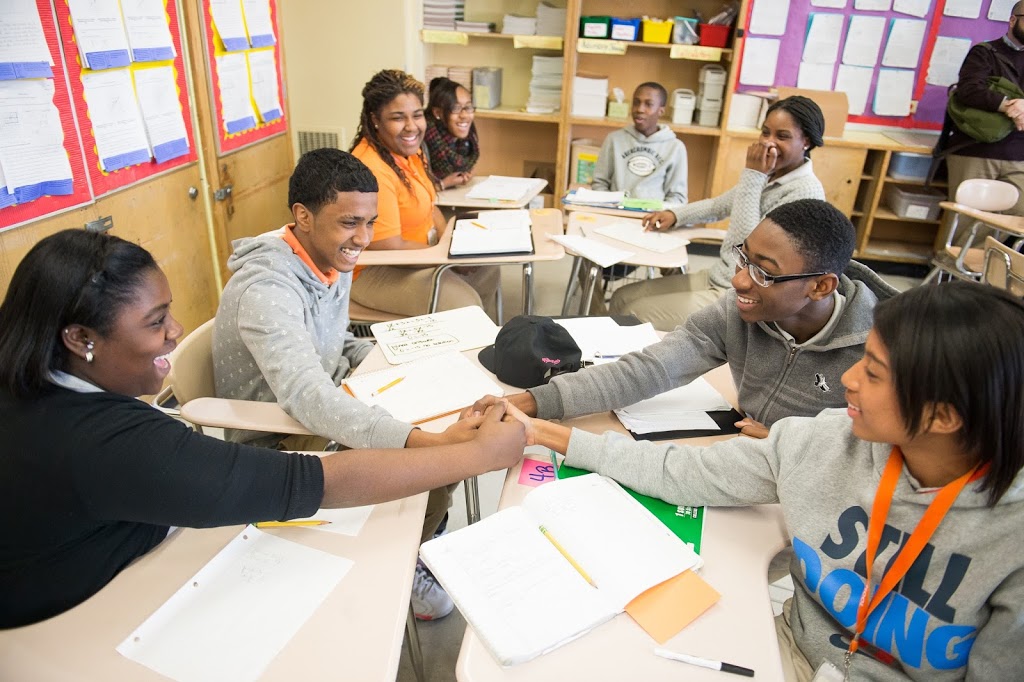
My first day in Moscow, it seems to me, turned out to be fateful, since it determined my entire future stay in Russia. A week later, I was offered to participate in the forum of young managers, where I got acquainted with the activities of many youth organizations, including the World Youth Organization of Uzbekistan, trends and innovations in youth policy and in business.
In general, all difficulties are temporary, you forget them over time, only pleasant memories remain in your memory.
— Please tell us about your work at the International Youth Edu-Skills Foundation (IYESF).
— IYESF is an international foundation founded by a student of the Faculty of Philology of PFUR Akil Mohammad from India and his friends in 2018. Its goal is to improve education, develop skills and provide employment opportunities for young people, and support the achievement of the UN's sustainable development goals. Last year, the Foundation became a laureate in the "Business" track of the #MYVMESTE international award, which is supported by the President of Russia and contributes to the achievement of national development goals.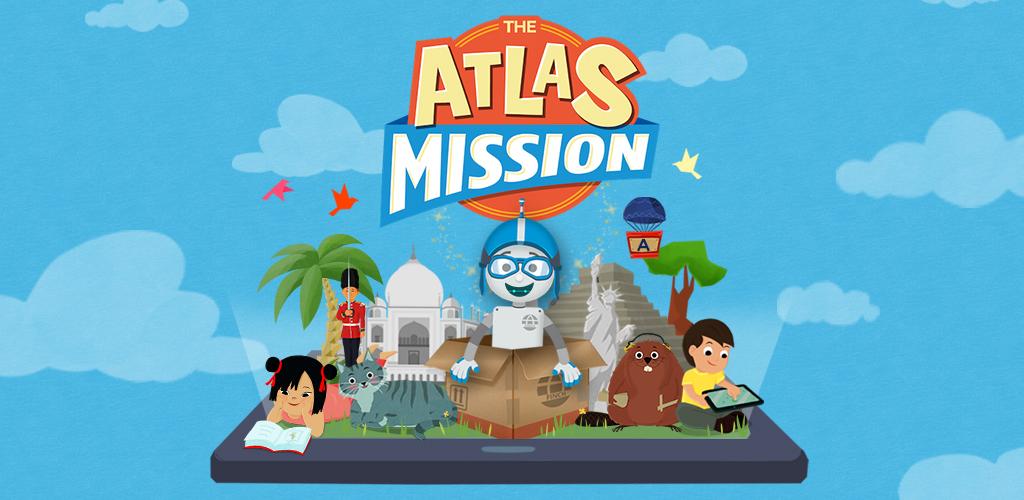
I have been working at IYESF for the second year, I was invited there a month after I started my studies in Moscow. As a media manager of the foundation, I am responsible for information support of its activities, together with colleagues I create content for the website and its pages on social networks, and organize events.
A great team of young enthusiasts has gathered here, striving to change society by building the skills of young people, expanding their knowledge in the field of sustainable development. We try to motivate and involve children in solving the world's most complex problems to the fullest and work to build a brighter future.
So, last year, the Foundation, together with partners, organized the BRICS Plus international youth forum, which brought together about a hundred young leaders from different areas of the BRICS countries (Brazil, Russia, India, China and South Africa) and other states. With the participation of leading international experts and practitioners, they discussed topical issues in the development of public diplomacy, finding ways to solve existing problems by involving young people in international cooperation in the field of culture, science, sports, business and creative industries.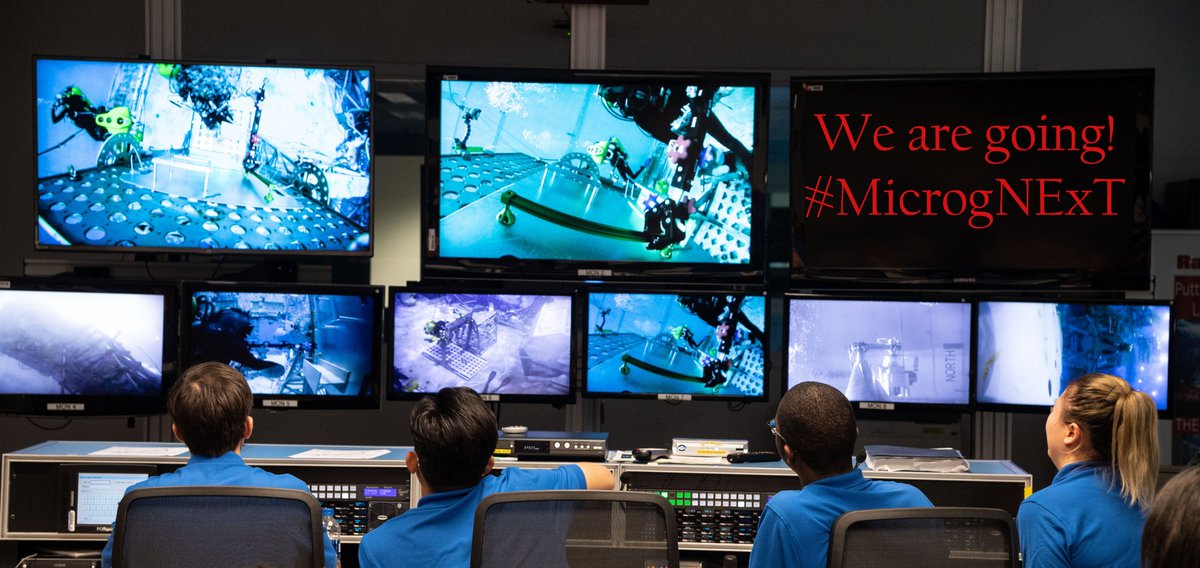
- You are also a member of the community of students from Uzbekistan PFUR "Tafakkur". What does this structure do?
— Associations and communities of 106 countries of the world, including 12 CIS states, have been formed at PFUR. The community of students from Uzbekistan is actively operating. Our association is called "Tafakkur", which in Uzbek means "intelligence, thinking". The community is a kind of small Motherland inside the university.
Uzbekistan is located at a distance of 3.5 thousand from Moscow. At first, students are faced with the problems of cultural, ethnic and other differences. The main task of the community of Uzbekistan "Tafakkur" is to help in adaptation and guide the children in a new student life for them, to try to solve various issues - from problems with studies sometimes to personal ones.
Support is expressed in the organization of both educational and organizational work and leisure activities. We get together several times a month, arrange team building, for example, play games or go jumping on trampolines.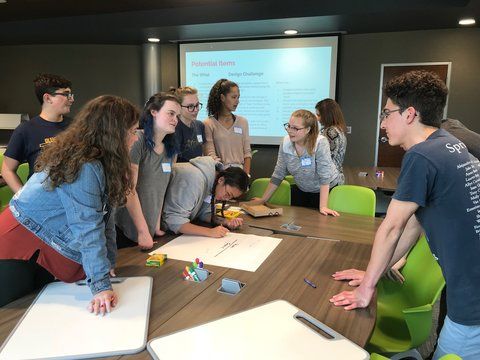 We arrange holidays.
We arrange holidays.
So, a wide celebration of Navruz has become traditional in RUDN University. We celebrate the Eastern New Year together with the communities of Azerbaijan, Albania, Afghanistan, Iran, Kazakhstan, Kyrgyzstan, Tajikistan, Turkmenistan and Turkey. Official events, exhibitions of national applied arts, "Tasty Festival" with pilaf and sumalak, intellectual games, sports competitions and concerts are held. It is noteworthy that in 2021, for Navruz, the community of students from Uzbekistan became the winner in the nomination "Community of the Year".
— What else are you interested in and how do you spend your free time?
— Since childhood, I love to draw. Even for five years she was engaged in an art circle. Out of habit, I spend my free time drawing. It gives me pleasure, my own way of relaxing.
Another hobby is reading books. This passion came to me when they began to hold the competition "Yosh kitobxon" ("Young book lover"), in which I participated annually, until I left for Russia to study.